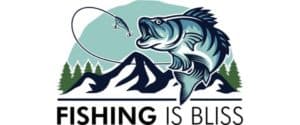For the individual, fishing is a release from all life’s challenges. Days on the water provide a new perspective and allow people to think. On a larger scale, the sport of fishing creates billions of dollars of revenue for governments and businesses. Even with the numerous benefits, there are a few negatives of fishing.
Fishing is not bad because it has numerous environmental, economic, and health benefits when done properly. However, like any activity, people can turn fishing bad. An unwillingness to follow regulations can ruin beautiful fisheries. Plus, there are occasional safety issues that can lead to injuries.
Respect for fisheries, fish, and other anglers can minimize any negative aspects of fishing.
Dangers of Fishing
Anglers need to know the dangers of fishing before they become too serious about it. An uneducated angler can cause significant damage to ecosystems.
Plus, you can damage yourself and your property if you aren’t careful and don’t consider your safety. Thankfully, basic knowledge makes a massive difference in keeping everything in check.
Lastly, there are always ethical concerns as any wise angler would tell you, there’s no humane way to kill a fish for food. Even catch and release causes a lot of trauma to the fish.
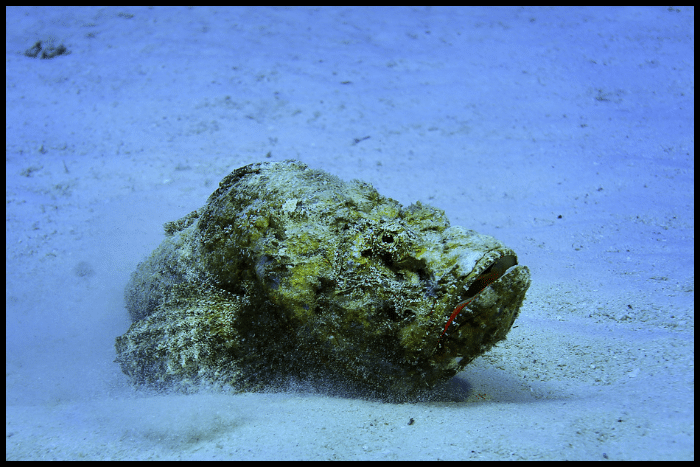
Environmental Impacts
Anti-fishing folks spend a significant amount of time on the environmental effects of fishing. Anglers who don’t bother to pay attention to local regulations are the ones who damage the environment the most.
Whether it’s a large number of sport anglers or a major fishing company that doesn’t respect the rules, a disregard for rules is a blatant slap in the face to anglers who care about the conservation side of fishing.
Most anglers are passionate about caring for the environment. No one wants to ruin ecosystems because it means less fishing in the future.
1. Overfishing
One of the main negatives of fishing is what is known as overfishing. One single angler would struggle to overfish an entire body of water.
Numerous anglers, however, could overfish a lake or river. Keeping more fish than one needs, removing mature fish, and disregarding bag limits are issues in certain parts of the world.
As fishermen and women, we must know what we can and can’t keep. Due to current fish populations, bag limits change every year, so don’t assume you know what you can and cannot keep.
Taking the time to research and educate the anglers around you keeps fisheries healthy for generations to come.
Understand slot limits, regulations specific to certain fisheries, and any changes from season to season. Overfishing is a larger problem amongst major fishing corporations.
Commercial anglers can eradicate populations of fish in a few full seasons. Over the years, overfishing has become more of an issue, so governments put strict regulations in place.
Whether companies choose to follow these regulations is a different story. Millions of dollars can be made in commercial fishing, so greed creeps into corporations.
Sport anglers don’t have a say or way to keep commercial anglers in check, so faith has to be put in governments to keep everything in check.
Overfishing is a real problem. The more people who enter the sport, the more vulnerable fisheries become.
Anglers need to do their part in following the rules and doing what they can to keep everything in check.
2. Waste
The other negative effect fishing has on the environment is its large amount of waste.
Whether a fly angler leaves some tippet along the bank or a commercial company dumps old gear into the ocean, a little adds up over time.
For the individual angler, keeping track of cans, bottles, bait containers, excess lines, old lures, and any other waste they create makes a difference.
The less waste that washes into the water, the better. Fish pick up the trash and can die from eating the wrong thing.
Also, waste can kill vital plant life. In a healthy fishery, everything in the water works together. When one piece of it is harmed, everything feels the effects.
Let’s focus on keeping our fisheries as clean as possible. Even if it isn’t your waste, pick up any trash you find when fishing.
Commercial companies produce waste at a far higher rate than the day-to-day angler.
There are specific rules and regulations to ensure dumping doesn’t occur, but not all commercial companies follow the rules.
Again, one or two companies can go a long way in ruining vital resources. Let’s do our part in ensuring waste doesn’t enter our fisheries.
We have a responsibility to the fish we target and future anglers.
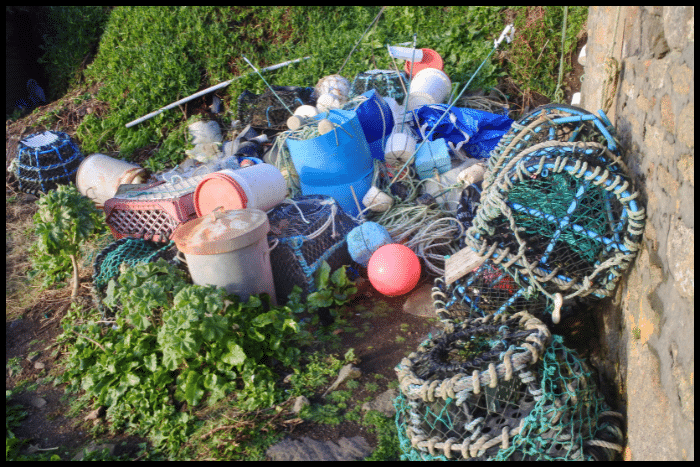
3. Improper Care of Fish
For the everyday sport angler, caring for the fish we catch is where many run into trouble.
Whether we keep the fish out of the water for too long or remove their protective slime, we must do our part to keep fish safe.
When handling fish, leave them in the water for as long as possible.
When you take them out of the water, ensure your hands are wet, and you only keep them out of the water for no longer than a minute or two.
Fish are sensitive and not used to being caught or handled by humans.
Catch-and-release methods are effective, and many fish survive after being caught as long as the angler does their part in minimizing their time out of the water.
Have a plan before you take a fish out of the water. A simple plan can save the lives of fish.
Safety
Fishing isn’t always safe. Every year, anglers get hurt and die due to careless decisions or freak accidents. Anglers must take great care when fishing because one simple mistake can mean the end.
Both sport and commercial anglers are at risk when on the water. Every year, ice fishing causes the most fishing injuries.
Slipping on ice, falling through the ice, and the dangers that come with cold weather injure anglers and occasionally take their lives.
Many ice fishing injuries and deaths are preventable with proper gear and an understanding of the current conditions.
Take all of the possible precautions because you don’t ever want to put your own life at risk. Commercial anglers are subjected to far harsher conditions than sport anglers.
Alaskan crab fishermen and women fight the elements and use dangerous gear that can badly injure them if misused.
With enough time spent on the ocean, most commercial anglers experience some injury. It’s a dangerous world, and safety rules and regulations can’t prevent bad things from happening.
The job has to get done, and it involves significant risk. Thankfully, many commercial anglers are professionals and take great care in protecting themselves and their coworkers.
The outdoors can never be tamed. As anglers, it’s our responsibility to make the safest and most responsible decisions we can.
In fishing, risks can often become rewards, but those risks aren’t always worth it. Do your part to keep yourself and your fishing partners as safe as you can.
Benefits of Fishing
At the end of the day, fishing has far more positives than negatives. It supports millions of jobs, helps the environment, and brings necessary joy and relief to anglers. Without fishing, many people would feel lost.
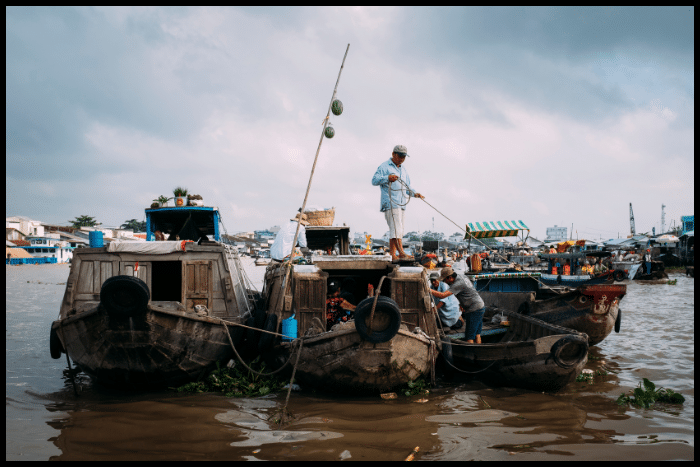
Economic Benefits
According to Fisheries Economics of the United States, fishing brought $117 billion into the economy in 2019 alone.
Whether it was license sales, guided trips, or gear, fishing is a major factor in the United States economy and the world.
1. Fishing Licenses
Sportfishing in America reported that 39 million fishing licenses were sold in America in 2021. Multiple sources report that fishing licenses produce $1 billion every single year.
In the United States, a federal law requires all money made on fishing licenses to be put back into conservation.
Research, paying salaries, and general upkeep of fisheries are just a small part of what the money from license sales does to keep our fish and waters healthy.
As anglers, we put a lot of pressure on ecosystems, so game and fish departments have to work hard and spend money to keep everything functioning.
2. Fishing Excursions
Every year, Americans spend over $20 billion on fishing trips, according to Sportfishing in America. Anglers must spend money on transportation, lodging, food, and gear.
The money poured into multiple industries keeps jobs and local economies afloat. Many towns within the United States wouldn’t stay alive if it weren’t for the fishing industry.
People’s livelihoods depend on these trips. Local bait shops, equipment rental companies, and restaurants can all exist because of fishing.
These small, local businesses are the heart and soul of the fishing industry. It’s special that people can combine their love of fishing with their business savvy.
3. Gear Sales
Some of the most money made in fishing every year comes from gear sales. Almost every year, anglers spend around $8 billion on gear, according to Sportfishing in America.
This $8 billion is spread across rods, reels, and boats. Around $2.5 billion is spent on rods, reels, and other components. Around $1 billion is spent on bait as well as fishing electronics.
If boats and other transportation were included, another $14 billion could be added.
Deep sea boats, bass boats, canoes, kayaks, and other modes of transportation bring companies massive amounts of money every year.
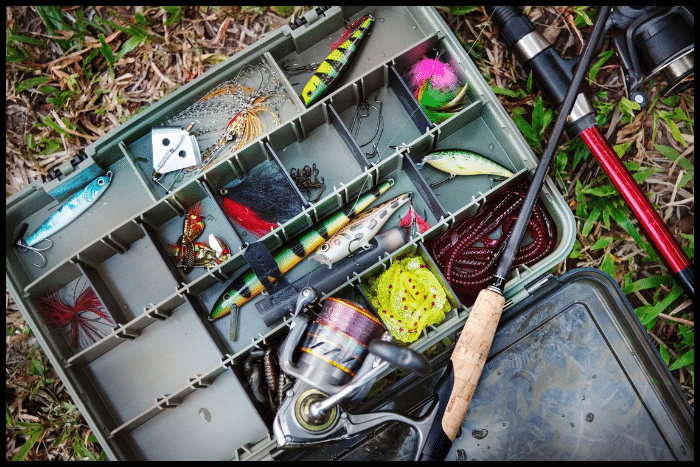
4. Jobs
As mentioned earlier, fishing has created thousands of jobs. Sportfishing in America studies show that over 800,000 people in America are employed within the fishing industry.
Those 820,000 people had around $40 billion in annual salaries. With the increase in popularity, the amount of jobs within the fishing industry is growing.
People can make an average of $50,000 per year if they have a job in fishing.
5. Professional Fishing
In the past few years, the professional fishing scene has massively grown. With the help of social media, professional bass fishing popularity has skyrocketed.
Purses for fishing tournaments have doubled thanks to new TV contracts. Now, anglers can win $100,000 to $250,000, depending on the tournament.
A few years ago, anglers had to scratch and claw to make ends meet, but sponsorship deals and larger prizes make many professional anglers wealthy.
Environmental Benefits
Fishing also has a positive impact on the environment. When done properly, anglers play a major role in keeping populations in check and maintaining biodiversity.
Population Management
Biologists and other scientists work as hard as possible to determine the best methods to control fish populations every year.
If one population grows too large, it can damage and hurt other native fish populations. One of the most significant impacts efforts in population control involves Asian Carp.
Asian Carp have taken over many of our fisheries and anglers, significantly preventing them from ruining some valuable water.
Some game and fish departments provide rewards for removing Asian Carp, while others encourage anglers to fish for and dispose of them.
Non-native fish populations continue to be a significant problem in the United States.
With caring anglers and significant efforts by local game and fish departments, native fish populations are being saved nationwide.
Few fish populations can be left alone to control themselves. Even though game and fish departments would prefer to avoid managing fish populations, they often have to step in and do some managing.
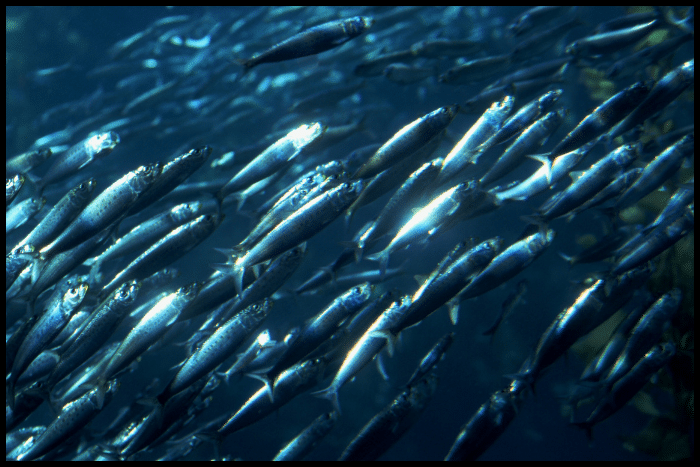
Mental Benefits
Many anglers use fishing as a therapy session. Fishing can be a solitary activity that leaves room for thinking and processing. Also, fishing requires a significant amount of focus to do well.
We have to identify where the fish are holding, what baits would work, where we need to cast, and a variety of other factors.
By fully investing in our strategy and technique, our brain doesn’t spend as much time worrying about the realities of life. Plus, fishing provides a major sense of accomplishment.
Successfully setting up our gear, choosing the correct bait, and landing a fish releases necessary endorphins and dopamine that automatically improve our mood.
These small victories add up over time and provide a confidence boost that feeds into our professional and personal lives.
Plus, time spent outdoors is greatly beneficial to our brains. We think clearer and breathe some fresh air.
Physical Benefits
Fishing also has some significant physical benefits. If you’re a bank or wade angler, you’ll walk along banks, wading in the water and covering some ground throughout the day.
Walking gets our blood flowing and loosens any tight muscles or joints. Even though it’s not strenuous exercise, any amount of movement is necessary.
Moving while fishing doesn’t feel as hard as focused exercise. We have a goal to land for fish, and we don’t even think about the walking required for fishing.
Also, vitamin D and fresh air help our skin and joints. If possible, we need outdoor time every single day. Fishing gets us out in the sun and moving around, automatically improving our mood.
Even if we don’t land many fish, our bodies thank us for getting on our feet and exploring. Our bodies and minds work together to keep us happy and safe.
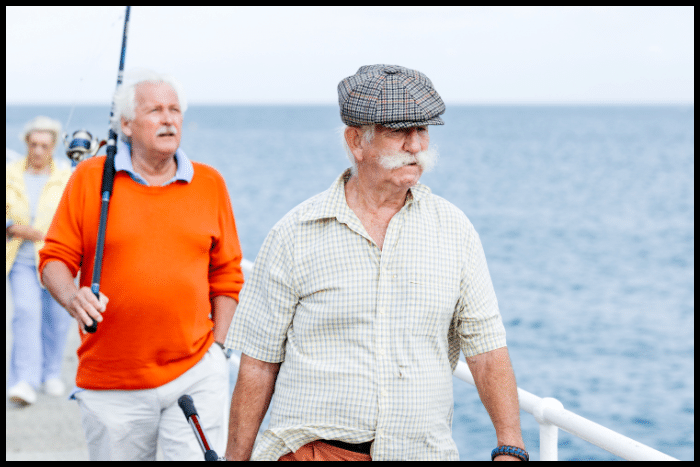
Conclusion
It’s hard to ignore that the benefits of fishing outweigh the negatives.
Yes, fishing has some environmental and safety downsides, but every angler can easily prevent them with smart decision-making.
Fishing creates jobs, helps the environment, benefits our bodies, and provides countless hours of challenges and joy.
As anglers, we must keep our fisheries intact and preserve them for future generations. Focus on the positives while taking extra care to protect the fish and fisheries.
